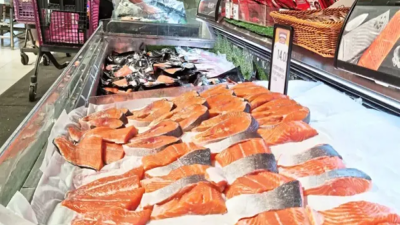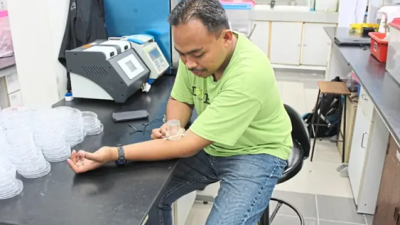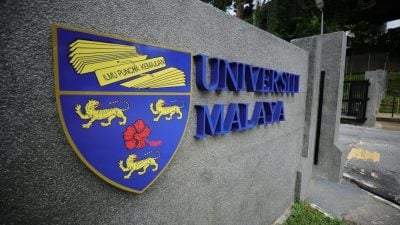
By Dr Rais Hussin
The coronavirus crisis may prove to be a turning point for food security in Malaysia. As the pandemic causes border closures and export restrictions, it has exposed our weaknesses in supply chain complexities, volatility of commodity markets, and challenges related to food distribution and delivery.
In these situations, countries that don’t want to habitually rely upon global relief must empower their own farmers to grow more crops, yes, but also to store them more efficiently to ensure longer resiliencies.
A combination of critical infrastructure and cutting-edge tech can help normalize volatility in local food markets from shortages due to political sanctions, market inefficiencies, environmental issues, or public health crises.
Modern storage technologies radically improve food security, safety and quality by reducing food spoilage, building reserves of commodities, and ensuring optimal long-term storage. It balances an urgency to alleviate sudden shortages with the quest for durable solutions.
Over the next decades we must prepare for natural disasters, high population densities, and recurrent waves of new pandemics–all of which highlight the urgent need to build farming systems that are more durable and resilient. Countries that proactively integrate new methods into their development plans will emerge from this most recent crisis better able to handle the next, and with a superior foundation for sustainable growth.
Nations that have prospered the most economically in the past decades have a few traits in common: its leadership is clearly committed to self-reliance and good governance; supports long-term planning that includes public sector commitments to infrastructure; and uses latest technologies to encourage support and bring efficiencies to private sector development of agronomical ecosystems.
Agricultural development is more holistic when we assess the entirety of the agricultural value chain. A winning strategy integrates the participation of key stakeholders who are responsible and accountable; and requires access to training and education, to adequate inputs and resources, and to finance and markets.
This in turn increases the incomes of farmers and improves the operational efficiencies of food processors and manufacturers. Consumers enjoy better quality from food which is locally sourced and benefit from less price volatility from deeper reserves of stored commodities.
The use of advanced storage technologies to stockpile large volumes of grains and pulses (and even other commodities) when production levels are high and prices are under pressure will allow for the purchase of crops when prices are dropping. This same action helps farmers by stabilizing prices while concurrently building volumes of stored commodities.
These commodities can be held for years and are accounted for as an asset in the same way assets are treated by a traditional bank.
The end-goal is the creation a bankable ecosystem which will attract investment from the government, sovereign funds, institutional funds, and other private investors–all backed by physical reserves of commodities which arguably have even more practical underlying value than most fiat currencies do.
During this or any other crisis, nations must take up the opportunity to upgrade their agricultural ecosystems to better the lives of their citizens. The time is now for Malaysia to improve its agronomical efficiencies and its storage facilities. For a better outcome tomorrow, we need to undertake a different approach today. Without which it will be foolhardy to think that we can attain food security, food safety and food sovereignty.
(Datuk Wira Dr. Rais Hussin Mohamed Ariff is the President/CEO at EMIR Research, an independent think tank focused on strategic policy recommendations based on rigorous research.)
ADVERTISEMENT
ADVERTISEMENT



































